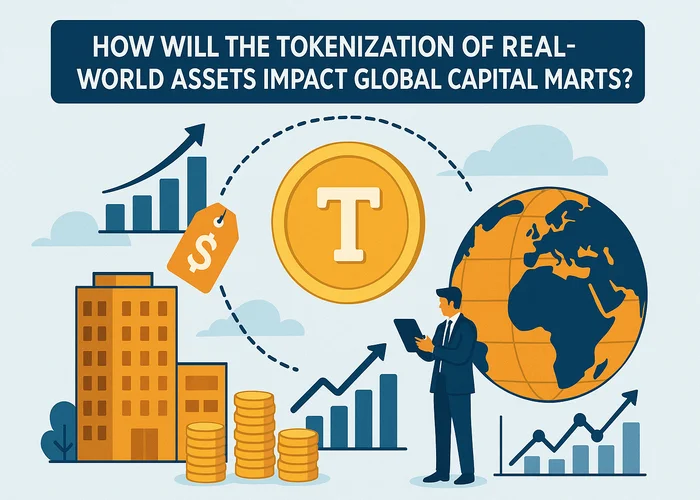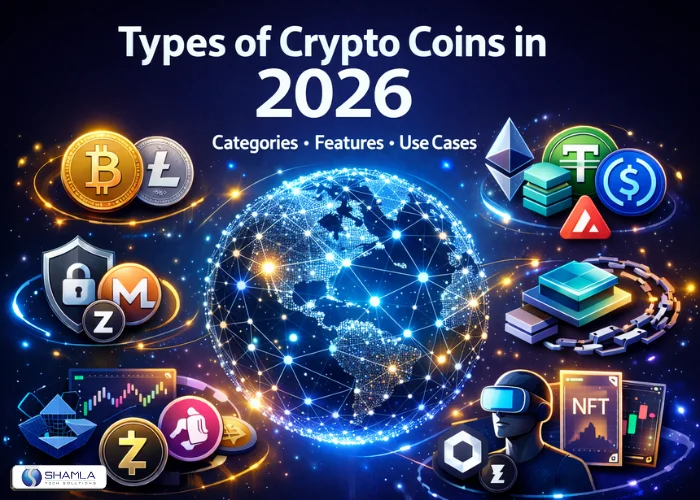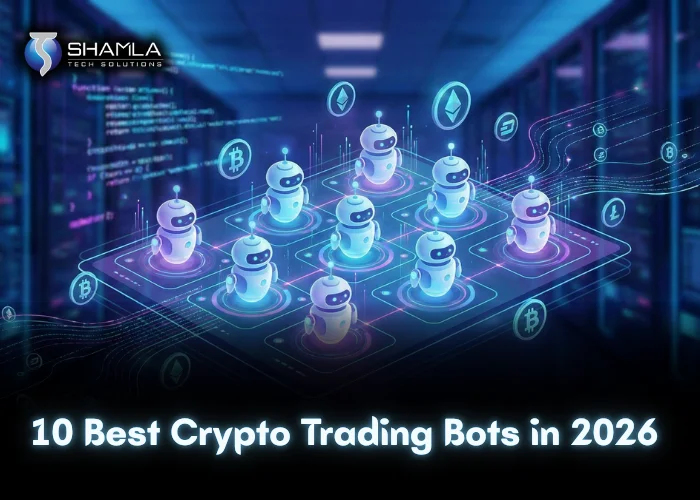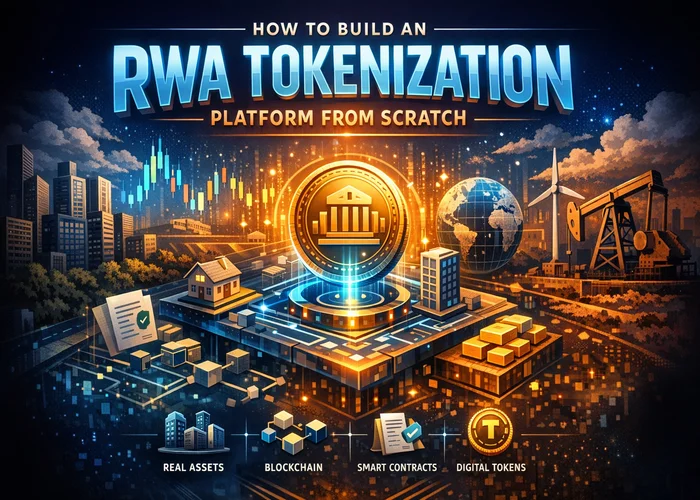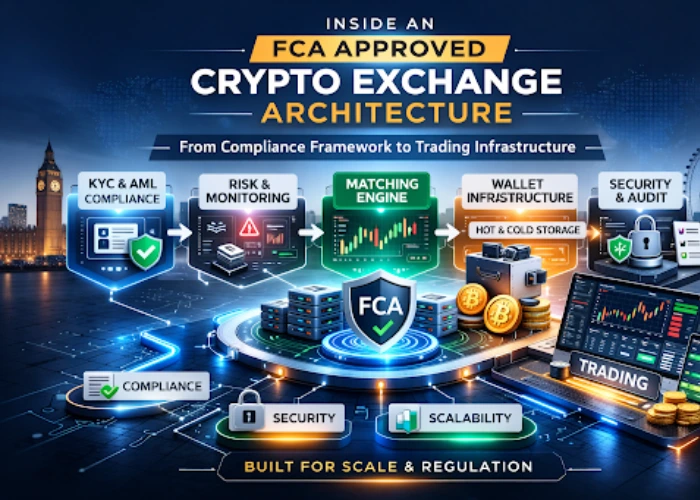In the last ten years, blockchain has changed from a technology that powered cryptocurrencies like Bitcoin and Ethereum to one that supports decentralized finance (DeFi) and non-fungible tokens (NFTs). I think the next step is to make real-world assets (RWA) into tokens. In other words, generating digital tokens on a blockchain that stand for both physical and digital financial assets.
This transformation may be as world-changing as the digitization of stock exchanges in the 20th century. Tokenization of Real-World Assets can unlock trillions of dollars in value, make investments more accessible to everyone, and alter the way Global capital markets work by making actual assets physical and using the power of the blockchain.
What is RWA Tokenization?
Fundamentally, Real World Asset (RWA) tokenization is making tokens on a blockchain that represent an entitlement to ownership to something in the real world. Tokens can be divided into parts, traded between users, and run by smart contracts that handle the compliance and settlement process.
- Real estate: owning a small part of a home or business property.
- Tokenized debt products for global investors, like government and corporate bonds.
- Commodities like gold, oil, and other soft and hard goods were made digital and easier to trade.
- Private equity Tokenization and venture financing provide you stock in a startup in the form of digital tokens.
- Intellectual property and collectibles include royalties, fine art, and luxury goods.
Tokenization of Real-World Assets will change marketplaces that are usually hard to get into and not very liquid into investment possibilities that anybody can access.
How Tokenization Works?
The SSL is a legal boot to ensure enforceability, by putting a real world asset tokenization in a legal wrapper (e.g., trust, SPV).
- Token Creation: A blockchain-based issuance of digital tokens which represent ownership or claims.
- Custody and Oracles: (Trusted) custodians witness the presence of real-world collateral, oracles bridge off-chain data to the blockchain.
- Trading: Tokens can be traded on a regulated exchange or DeFi protocol, giving traders access to 24/7 global trading.
- Compliance: KYC/AML requirements and other regulatory requirements are built in and enforced with smart contracts.
Benefits of RWA Tokenization
1. Democratizing financial market access
One of the best things about tokenization benefits is that it can help retail investors and people in developing economies compete on the same level. In the past, only institutional investors or people with a lot of money could participate in particular asset classes, such as private equity, real estate, or commodities tokenization. This was because of high capital requirements, regulatory restrictions, and limited access to global markets.
Tokenization of Real-World Assets changes this by letting assets be broken up into smaller, more cheap pieces. For example, someone in Bangkok could acquire a token that stands for a share in an office building in Bangkok. This makes it much easier for more people to get involved in possibilities to earn wealth.
Tokenization of Real-World Assets can be a very useful strategy in emerging economies where capital markets are not as well developed. People can invest in financial assets with just a smartphone and internet access. This lets them get around some of the problems they have now while still keeping protections for investors.
2. Transactions that cost less and work better
Traditional financial systems are very intricate, which makes them expensive and slows down the process of settling. Tokenization of Real-World Assets replaces a lot of these layers with smart contracts, which are pieces of code that run on their own in blockchain networks. In new markets, using this technology could mean skipping over old systems.
These smart contracts do things like check for compliance, pay dividends, or settle debts automatically. This cuts down on mistakes made by people and lowers Cost of Building an RWA Tokenization Platform. This efficiency leads to lower costs, which is great for smaller investors who are more affected by fees.
Also, custody becomes more flexible. Depending on their preferences and risk tolerance, investors can either maintain their own wallets or use custodial services. This gives them a more personalized financial experience.
3. Faster settlement times
In traditional markets, it might take days to settle trades because there are many people involved and they have to go through reconciliation processes. On a blockchain network, settlement can happen almost instantly with tokenized securities or assets.
This speed up is especially important for cross-border transactions, which are typically held up by time zone variations, regulatory clearances, and interbank settlements.
4. Greater transparency and trust
A shared system of record is one of the most important parts of blockchain. It is a single, unchangeable ledger that anybody can access. You can think of it as a big list of all the transactions that have ever happened, with each machine in the network checking it every time a new transaction is made. This openness makes it easier to see who owns what, how transactions have gone in the past, and where assets came from.
This makes it easy for financial authorities to check compliance and do audits. It builds trust for investors. When all actions are recorded and can be traced in real time, it becomes much tougher to commit fraud, double-spending, or manipulation.
This openness lowers the difference in information, making sure that everyone can work with a better grasp of the state and hazards of the assets.
Lorem ipsum dolor sit amet, consectetur adipiscing elit. Ut elit tellus, luctus nec ullamcorper mattis, pulvinar dapibus leo.
Tokenization of Traditional Assets
Tokenization of Real-World Assets combines all the elements outlined previously from digitization, securitisation and digital-native asset blockchains and applies it to traditional assets creating a digital representation which can be stored, transferred, and settled over the blockchain. Tokenized asset are governed by a smart contract, which is the code stored on a blockchain in capital market that runs once predetermined conditions are met. Tokenization of Real-World Assets enables traditional assets to experience the benefits of transactional transparency, security, speed, traceability and reduced costs. There have been several tokenization use cases we have seen in the market to date, including:
Asset Class | Issuer | Use Case | Impact | % Growth (Jan-Aug 2021 Market Cap) |
Gold | Paxos | Tokenization of gold backed 11 with gold reserves to enable retail investors to purchase | Remove custody fees, decrease the minimum purchase amount combined with instant settlement of tokens to investors. | 340% |
Equity Securities | Overstock.com | Tokenization of shares for annual dividend | List various classes of shares allowing issuers to take advantage of overall lower transaction costs, liquidity, security, and corporate action efficiencies of programmable smart contracts. | 35% |
Debt Securities | Multiple (DBS, EIB, SocGen) | Tokenization of corporate debt in the form of bonds, notes and commercial paper | Investors are able to participate with smaller transaction sizes than traditional treasury bond tokenization issuance making it very accessible to the broader market. | 177% (2020 vs 2021 Issuance) |
Challenges and Risks
Tokenization of Real-World Assets has run across problems, even though it seems like it could work:
- “Fragmented regulation”: Securities tokens have different rules in different regions of the world, which makes it hard for issuers and investors to know what the rules are.
- Legal Enforcement: It is still difficult to turn digital tokens into rights that can be enforced in court.
- Custodial Risk: Investors need to be able to trust that they may safely swap tokens for tangible goods.
- Dependence on technology: Security could be at risk if smart contracts have flaws or oracles don’t work.
- Market Education: To build trust in block chain infrastructure, institutions need to be credible.
How RWA Tokenization Works
- Franklin Templeton: A hint that institutions are accepting the approach is that they started a tokenized U.S. Treasury money market fund.
- MakerDAO is one of the biggest DeFi protocols, and it now accepts tokenized U.S. Treasuries and bonds as collateral.
- RealT: A means to own a small part of U.S. rental properties through tokenized shares.
- Swiss Digital Exchanges (SDX): Issuing Tokenized Bonds in a way that follows the rules is a sign that the rules are being followed.
They are: momentum in institutional finance, momentum in DeFi, and momentum in retail. Effect on World Finance
Changes in the Capital Markets
Democratization of Wealth
DeFi–TradFi Convergence
Changes in Policy and Regulation
Interesting projects in the RWA Space
- XRP Ledger lets you tokenize a wide range of assets, like as real estate tokenization development and commodities, so you can make safe and quick transactions.
- Ethereum and Tezos: These platforms are quite important in the RWA field because they have strong smart contract features that may be used for a wide range of tokenization purposes.
- Harbor and Polymath: Offer regulatory-compliant frameworks for tokenizing securities, making sure that financial rules are followed
- Blockchain Capital (BCAP Token) is one of the first tokenized venture funds. It gives investors access to a wide range of blockchain firms.
- Securitize: Provides a complete platform for issuing and administering digital securities, with a focus on following the rules and taking care of investors.
- RealT: They tokenize real estate properties, which lets investors own a small share of a property and make money from renting it out.
- Propy: Uses blockchain technology to make real estate transactions easier and safer for people all over the world to purchase and sell properties.
Lorem ipsum dolor sit amet, consectetur adipiscing elit. Ut elit tellus, luctus nec ullamcorper mattis, pulvinar dapibus leo.
Conclusion
The RWA The most important financial invention of our time is tokenizing the real world. By linking blockchain to regular assets, it will make things more liquid, help people find new investments, and lead to growth. such, Tokenization of Real-World Assets might become the new plumbing of the world’s financial markets. A programming language could make it such that a tokenized fraction of a small piece of real estate, a bond, or a gold reserve could be purchased and sold just as easily through a mobile app as a company’s stocks can be today.

